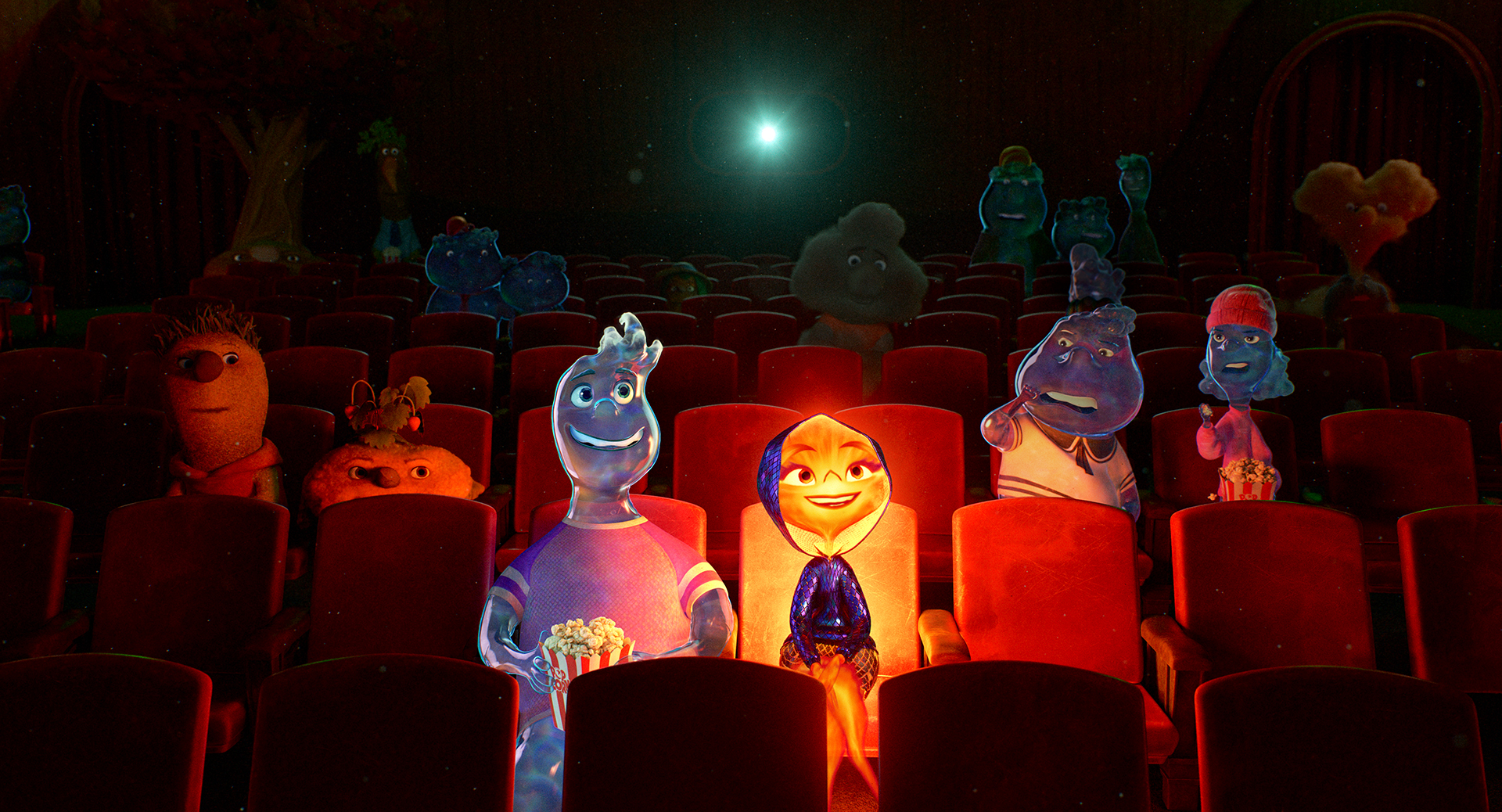So then is it possible that its not a brand issue but rather an audience that has been trained by the 4 pandemic releases to expect to see Pixar films on D+ instead of theaters?
Basically what I'm saying is that this idea that the Pixar "brand" is now persona non grata is a bit overblown in my opinion.
I'd definitely not argue Pixar is "persona non grata." That would suggest an active aversion to Pixar on the part of audiences. This change is characterized by apathy and not aversion.
I would say that the inherent trust and rapport Pixar developed with its audience has eroded. Pixar used to be like Apple. A company people felt passionate about. Pixar was more than a studio, it was a friend. Pixar still makes great films (though, not by box office performance metrics), but the passion is gone. Pixar of the 2000s and 2010s could release shockingly successful films about fish, monsters, waste disposal robots on dystopic planets, and homes carried aloft by balloons. The company was inexplicably successful because of excellent storytelling and a deep and passionate relationship with its audience.
People loved Pixar in a way that I still can't quite believe. I'm still stunned by it years later. It was special. Hit after hit. The meteoric rise of Pixar still leaves me in awe. Pixar itself is one of the greatest stories of all time!
Now, for whatever reason, this storied company can't even get people into movie theaters. That is tragic. Perhaps part of the problem is Pixar's absorption into The Walt Disney Company. It feels like Pixar's identity is getting diluted. And Pixar used to be the young and scrappy insurgent charging into battle against all the odds. Today, Pixar is the face of the establishment. The movies also are no longer "events." Pixar movies were cultural moments that adults, teenagers, and kids could share. Everyone could see Finding Nemo, The Incredibles, Up, and Toy Story 3. Elemental is not a movie that has anyone excited in a similar way.
There's also the John Lasseter issue... He, Catmull, and Jobs were Pixar's soul. Now they're all gone.
Ultimately, I just don't find the hypothesis that this is reflective of shifting consumer viewing habits to be a complete explanation. Not even close. The Mario movie proved that animated family films can storm the box office charts. People easily could have waited to see Mario in their homes, but they went out to experience it in theaters because they couldn't wait to make memories with their families and friends.
If this really is just an issue of people waiting to watch on Disney+, then Disney should make adjustments to their release strategy. But I doubt it's so simple. This seems like a more general malaise afflicting Pixar.
Well that is a different topic, and in my opinion the idea of the box office being the sole factor for a movies "success" is not only outdated, its overblown.
Many a movie over the years have been deemed not a success during its theatrical run but end up being successful post-theatrical.
And we're not talking cult movies, we're talking actual cinematic masterpieces -
Citizen Cane
Its a Wonderful Life
Cleopatra
Shawshank Redemption
Big Lewbowski
Fight Club
I honestly think we need to separate this idea of a film's success from the box office.
This is all well and good, but a film needs to be monetized. Box office results represent a key way for studios to recoup investments in their properties. Of course, the home entertainment market represents the other method of monetizing films. Unfortunately, The Walt Disney Company has embraced the massive overhead of running a streaming service. Simultaneously, Disney has decided to forgo the revenue it could have earned licensing to other services (remember the Netflix deal? good times...). Box office returns matter more in this context because other methods of monetizing the film are not in play (well merchandising, but I doubt Elemental is going to spawn a massive toy market like Cars or Toy Story). So the onus is on Disney films in this era to perform well at the box office.
And they aren't. So Disney is in the uncomfortable predicament of having to accept poor box office returns and high overhead in their streaming business. Not good.


